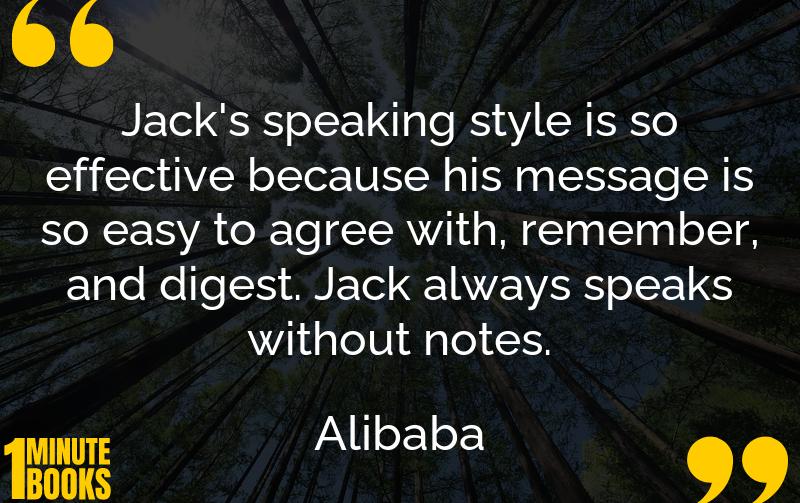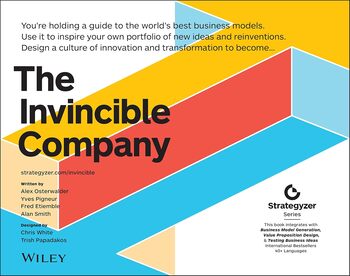
Alibaba narrates how Jack Ma, an English teacher, founded Alibaba and transformed it into an e-commerce empire. The book discusses the company’s innovative approaches, IPO success, and impact on China’s economy.
Main Lessons
- Alibaba’s success wasn’t overnight; it is rooted in nearly two decades of effort.
- Jack Ma’s leadership style focuses on simplicity, emotional appeal, and humor to motivate and guide.
- Alibaba’s ‘Iron Triangle’ includes strengths in e-commerce, logistics, and financial services.
- The company’s business model innovates by not holding inventory, unlike Amazon.
- ‘Singles Day’ highlights Alibaba’s logistical prowess with millions of package deliveries.
- Alipay transformed financial transactions in China, establishing trust in the online marketplace.
- Alibaba thrived during crises like SARS and the financial downturn by prioritizing customer loyalty.
- Cultural adaptation has been key; Alibaba’s approach differs greatly from Western companies like eBay.
- Alibaba’s name reflects Jack Ma’s vision for an ‘open sesame’ to opportunities for small businesses.
- Global ventures like Aliexpress adapted to local markets, enhancing Alibaba’s international reach.
- Jack Ma emphasizes wisdom over formal education, valuing experiential learning.
- Alibaba’s IPO in 2014 marked a historical financial milestone, becoming the world’s largest.
- Jack Ma’s focus on community (customers, employees, shareholders) guides Alibaba’s corporate ethos.
- Alibaba competes by capitalizing on localized knowledge, especially in markets like Russia and Brazil.
- Alibaba’s growth underscores China’s burgeoning role in the global digital economy.








